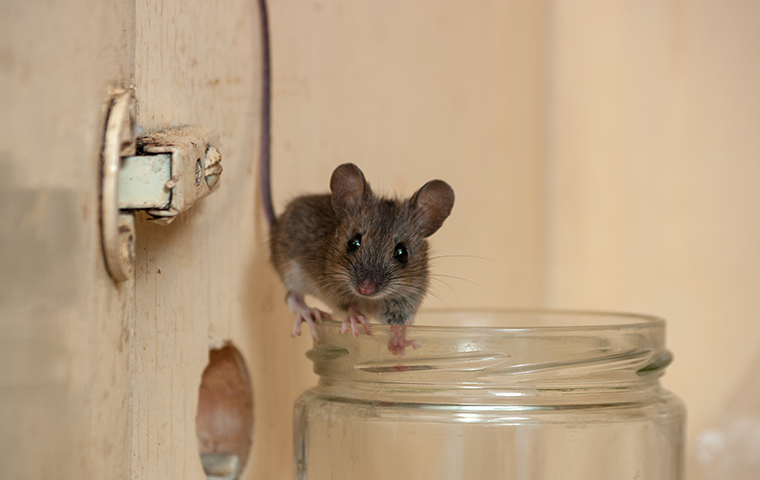Picture this: You're relaxing in the comfort of your own home, only to catch a tiny movement out of the corner of your eye. It's a rodent, and it's enough to turn your peaceful sanctuary into a house of horrors. Choosing an effective home rodent prevention strategy is crucial for safeguarding your home and maintaining peace of mind.
Rodents are not just a nuisance; they can pose severe health risks and structural damage to your home. From contaminating food to gnawing through wires, their presence can be destructive and dangerous. Thankfully, implementing a robust home rodent prevention plan can help you eliminate existing pests and discourage future intruders from settling in.

Identifying Common Household Rodents
The first step in any successful home rodent prevention effort is identification. Mice and rats are the most common offenders in residential properties. Knowing the signs of infestation can help you take swift action:
Signs of Mice
- Tiny dark droppings around food packages and drawers
- Signs of gnawing on wires, boxes, and food
- Small holes in walls or floors, typically the size of a dime
Signs of Rats
- Larger droppings found in clusters
- Excessive gnaw marks on structural wood
- Nests made of shredded paper or fabric
Effective Home Rodent Prevention Techniques
Once you've identified the presence of rodents, it's time to put a prevention strategy into action. Home rodent prevention isn't just about eliminating current pests; it's about keeping new ones from finding your home attractive.
Seal All Entry Points
Rodents can squeeze through surprisingly small spaces, so it's important to seal any potential entry points around your home. Use steel wool followed by caulking or cement to block holes, and ensure all doors and windows are tightly sealed.
Eliminate Food Sources
Food is a primary attractor for rodents. Store food in airtight containers, clean up crumbs immediately, and maintain a regular schedule for taking out garbage. For additional tips, check this DIY prevention guide.
Maintain a Clean Environment
Clutter and unclean areas provide excellent hiding places for rodents. Regularly clean your home, especially cramped or hidden areas such as behind appliances and in the garage.
Utilize Traps and Baits
Options like snap traps and bait stations can be highly effective in eliminating rodents. Remember to place them strategically: along walls, in corners, and near known entry points. Find out more in this insect traps guide.
For additional assistance, consider consulting professional services. Read about cost factors in this pest control cost article.
The Role of Professional Services in Home Rodent Prevention
While DIY methods can be effective, professional pest control services bring specialized expertise and equipment to your strategy. Professionals can identify less obvious signs of infestations, apply industrial-strength solutions, and offer targeted, long-term prevention plans.
Explore the most effective pest control methods that might suit your situation.
Conclusion: Dont Wait for the Problem to Escalate
Home rodent prevention is a critical aspect of maintaining a healthy, safe living environment. By staying vigilant and proactive, you can guard your home against these unwelcome intruders. Regular inspections, combined with immediate action on discovering signs of rodents, form the cornerstones of your strategy for a rodent-free home.

FAQs About Home Rodent Prevention
What are the most common types of rodents found in homes?
Mice and rats are typically the most common rodents found invading residential properties. Recognizing their distinct signs, such as droppings and gnaw marks, is essential for early detection and prevention.
Are there eco-friendly solutions for rodent prevention?
Yes, there are numerous eco-friendly solutions, such as peppermint oil repellents, ultrasonic devices, and non-toxic traps. Check out these natural control tips for more ideas.
How often should I inspect my home for rodent activity?
Inspecting your home quarterly is generally recommended, but more frequent checks can be helpful if you live in an area prone to rodent activity or have previously had infestations.
This article contains affiliate links. We may earn a commission at no extra cost to you.
